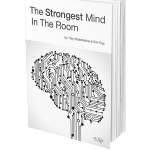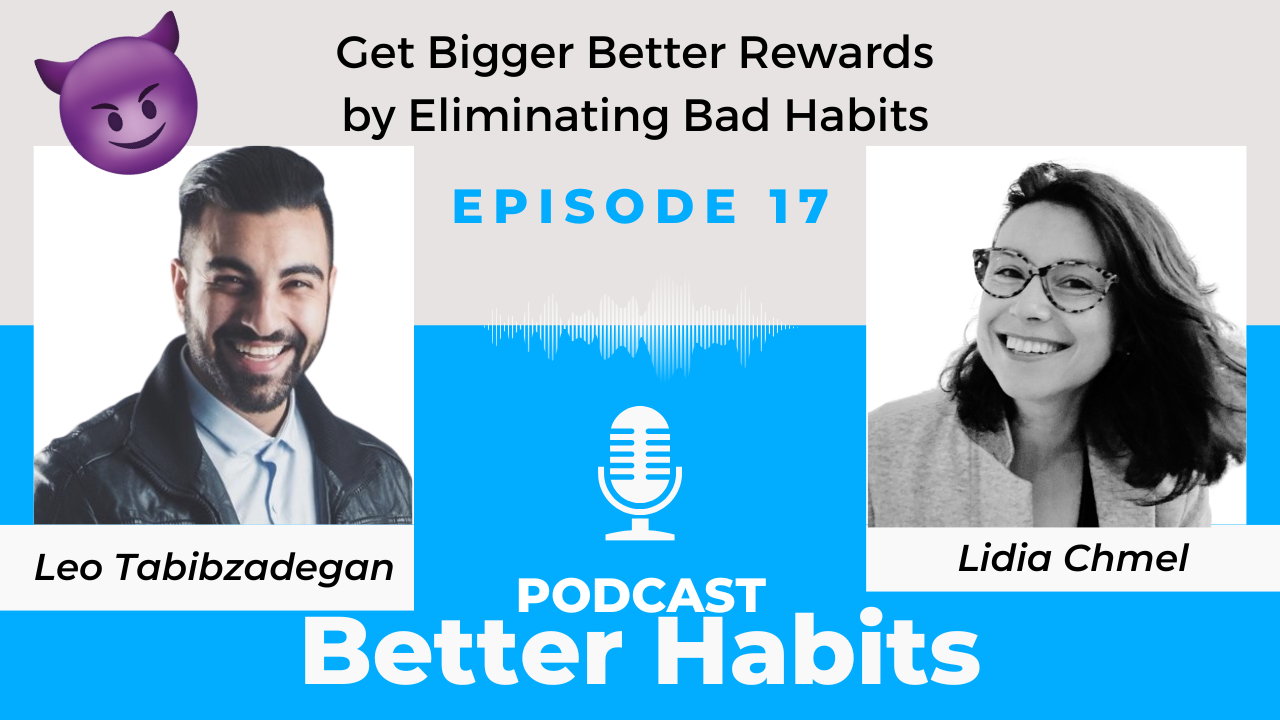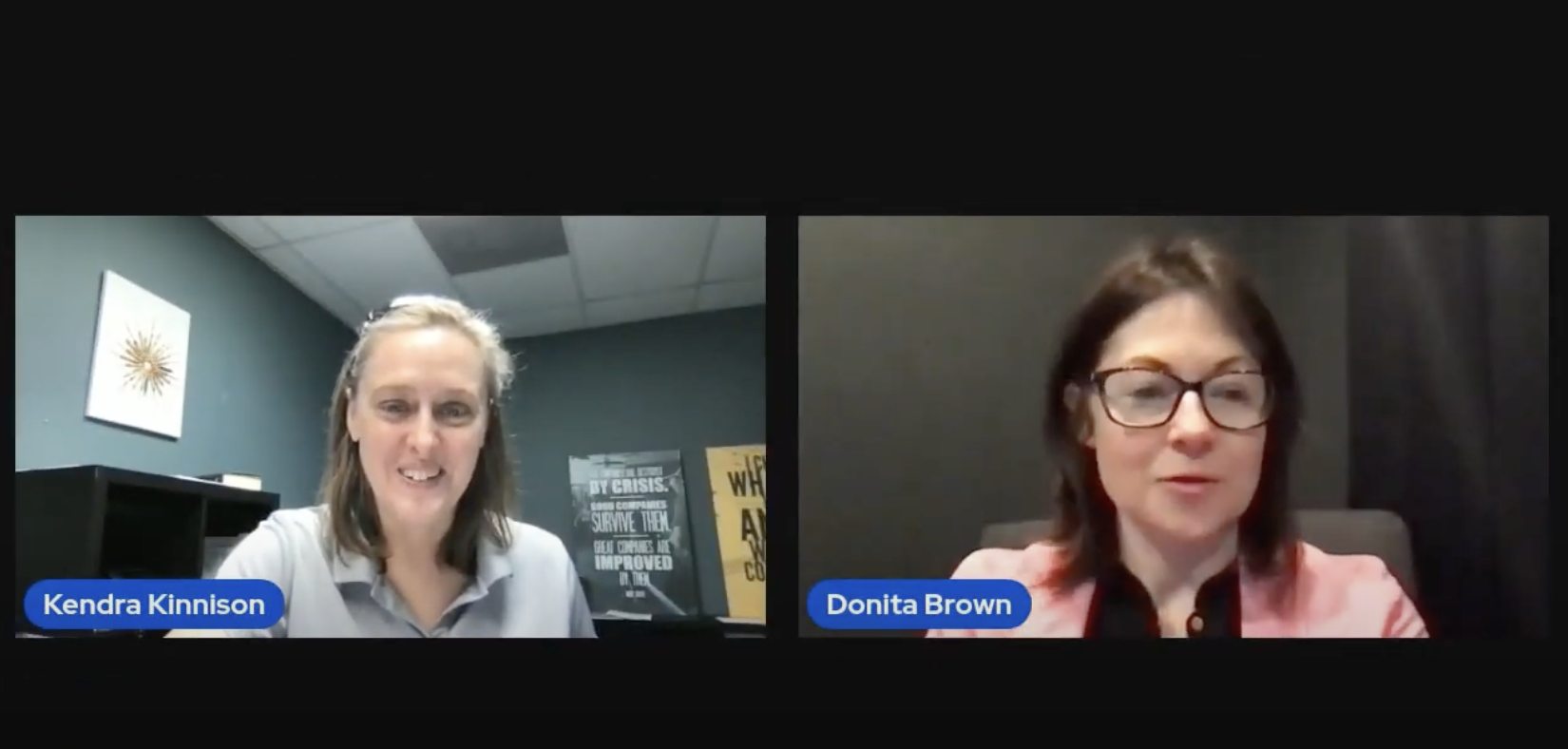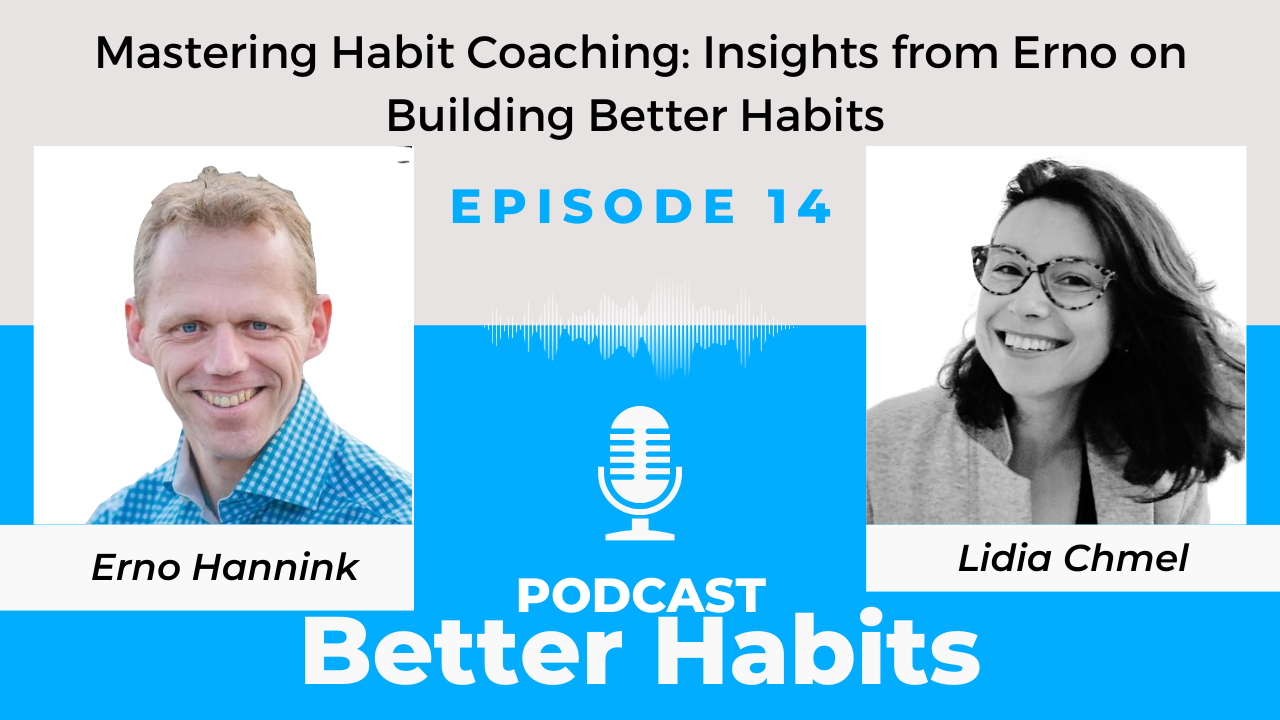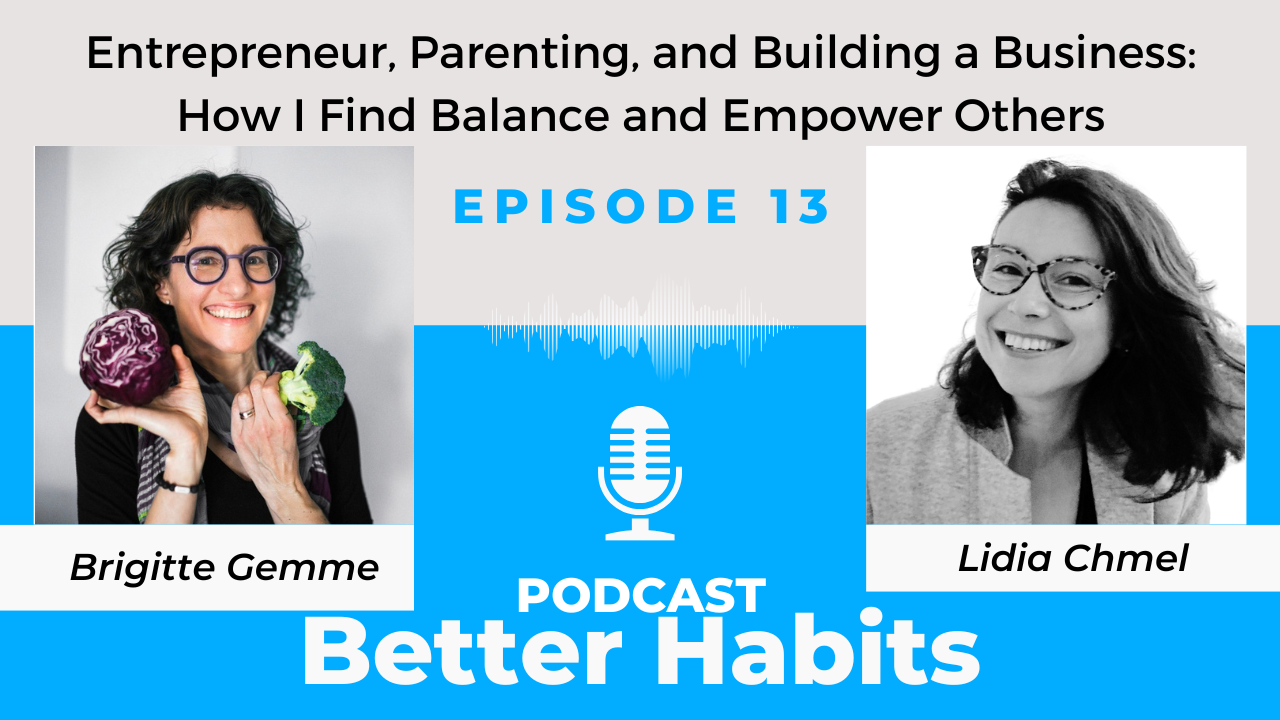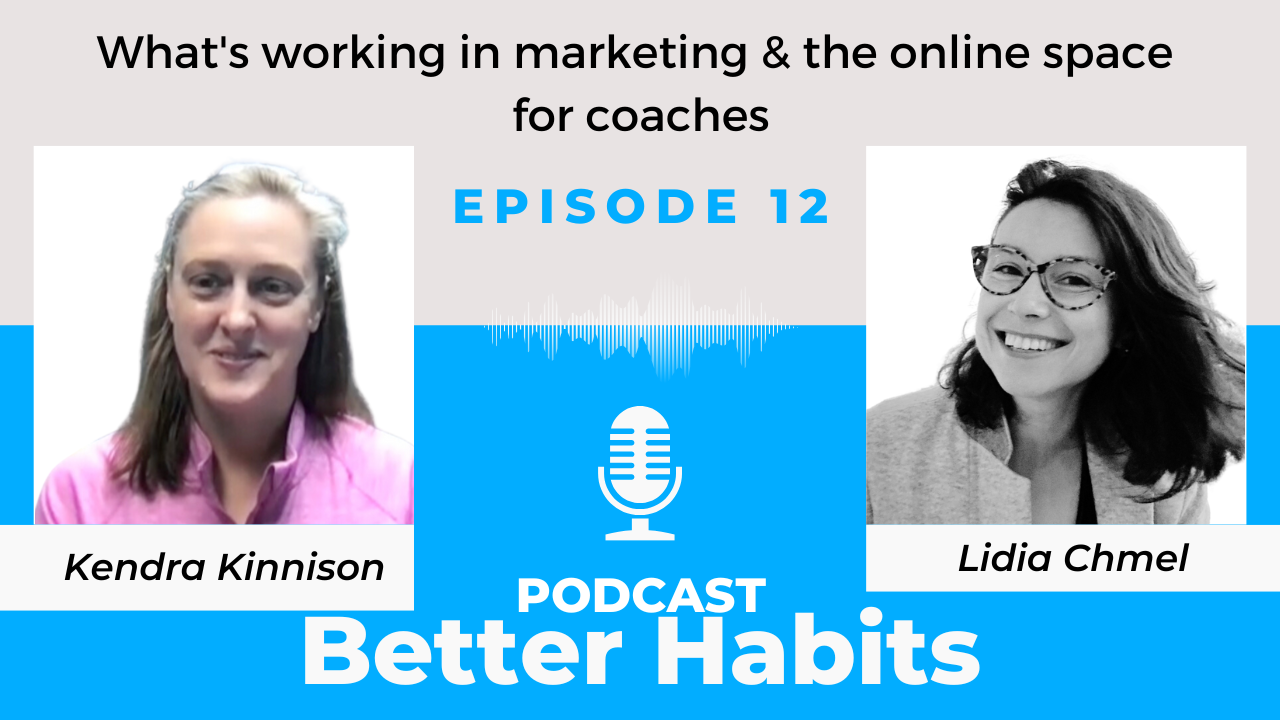“Meditation gives me the space to concentrate, go deeper, and understand a couple of layers more than I would be able to with my ‘surface mind’.”
Many people give up after just one meditation session because they don’t think it went well, didn’t connect with the teacher, or just felt uncomfortable. The trick to meditation is to keep trying and sometimes, finding a new teacher or guided meditation is the key to discovering meditation is something you enjoy. Hans Krueger, the founder of Futuredraft, discovered meditation ten years ago thanks to finding the right teacher. He told us about his meditation practice and how it’s helped him at work.
Why did you start meditating? What was your goal?
I started about 10 years ago, so rather late. I can’t recall if there was a particular goal, but I had been drawn to it (or should I say it had called me) for a long time. It finally happened when I met the remarkable Buddhist teacher Arnaud Maitland – by then it seemed a natural progression, almost as it had been part of me for a long time. But I wish I had started 30 years earlier, around age 13 – that would have been the right time.
What is your meditation routine?
I take about 35 minutes on most mornings (on days uninterrupted by early meetings etc.) starting with a deep breathing exercise, then a neck flexibility/loosening exercise, then followed by 20-30 minutes meditation focused on soft breath.
Can you tell me a story about how meditation improved your performance?
I find that a difficult question to answer directly. The reason is that, by definition, I don’t know what my state of being would be at this time in my life, if I had never started meditating.
What I know though is that mediation has allowed me to deepen my understanding of certain key teachings of the human condition. Meditation gives me the space to concentrate, go deeper, and understand a couple of layers more than I would be able to with my “surface mind”. As a result I am sometimes able to provide helpful insight and understanding. So how it becomes visible is by the benefits that it creates for the people around me.
Have you noticed any difference in how you approach work situations since you started meditating?
Again – it’s hard to establish a “clean” cause and effect relationship. So therefore any answer is speculative by nature. I have observed a meaningful change that applies to many interactions as a leader. One can describe it as having access to more mind in (what used to be) stressful situations. It shows up clearly, for example, when being on stage, or meeting “big power people”. Understanding those couple of additional layers about the human condition, which includes a more systemic understanding of how emotions work, has given me a different color of confidence. It’s calmer, more relaxed and (dare I say) joyful.
Do you think meditation gives you a competitive edge? Why?
I have never been a particularly competitive person, so the concept of competitive edge does not resonate so much. My hope would be that my meditation has increased the level of benefit that I provide to my fellow human beings, that I have become more useful from a system perspective. To be more useful is only possible if one is at peace and in balance with oneself. At the top of the list of fellow human beings are my wife and son, both of whom, I am quite sure, are very happy that I am meditating. My son, who is 22, already knows so much more than I did at his age (and much later). So he has a real good chance to live a happy and free life. How’s that for a competitive edge?

